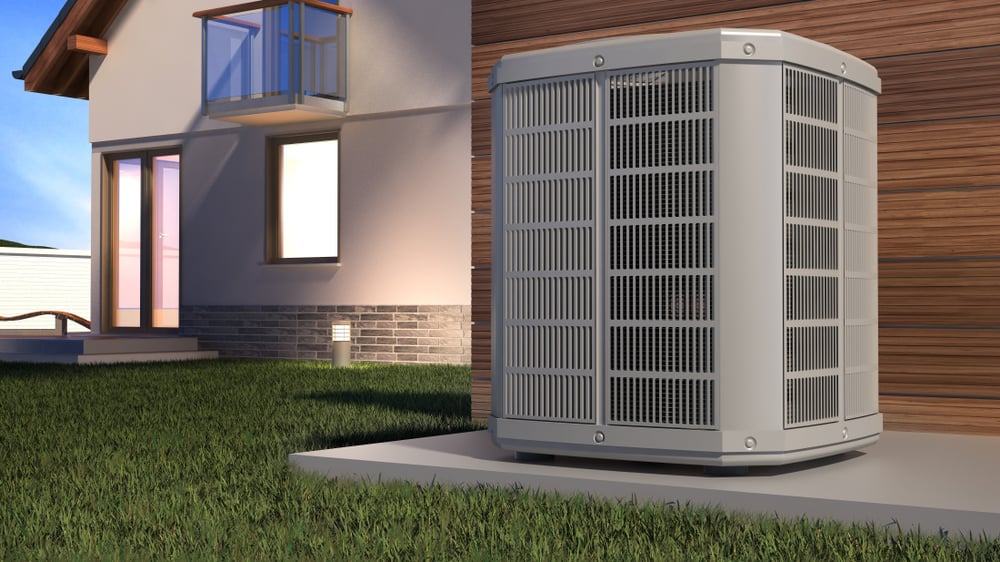Proposals that new-build homes must feature low-carbon energy sources and high efficiency ratings from 2025 will cause issues for the construction industry.

Proposals by the Department for Housing, Communities and Local Government that new-build homes should feature low-carbon energy sources and high efficiency ratings from 2025 will lead to issues for the construction industry, according to bridging and development funding specialist Oblix Capital.
Commenting on the changes proposed in the Future Homes Standard consultation, Richard Payne, director of development at Oblix Capital, said: “That will mean a shift to prioritising designs that prevent heat loss, offer improved insulation and for example have triple glazing or use alternatives to gas boilers.
“But with this change comes a number of challenges to housebuilders.”
For example, although gas boilers are still technically permitted under the Future Homes Standard, they currently produce too much carbon dioxide to meet requirements.
Although there is currently no guidance on what technology will replace them, heat pumps are likely to play a major role.
Payne said: “This means that a large number of gas boiler engineers will need to retrain on the installation of heat pumps, in a relatively short time.
“With uncertainty currently rampant in the market, and pressure to deliver an average of 200,000 new homes every year for the next five years, it is questionable whether retraining a large portion of the heating engineer population in such a short timeframe is an achievable target.
“Perhaps the challenge provides the industry with an opportunity for a new trainee and apprenticeship initiative.”
According to building.co.uk, the disparity between gas and electricity prices could mean that the replacement of gas boilers with heat pumps in UK new-builds is likely to cause an increase in energy costs of 66%.
“As these factors drive the cost to run a new-build home higher and higher, developers could find themselves struggling to sell properties, or in a position where they are forced to reduce margins,” said Payne.
“Although heat pumps are an option, with electric boilers and solar heating systems as alternatives, it appears unlikely that there will be any single industry-wide solution while it adapts to the new standards.
“Although this allows developers the freedom to choose the best product on a house-by-house basis, that in itself may drive up costs as economies of scale become harder to achieve.”
Considering the disruption currently being caused to the housebuilding industry, the implementation of the Future Homes Standard by 2025 may prove to be unrealistic.
Payne said: “Once the COVID-19 crisis is behind us, the construction industry will be tasked with catching up on housebuilding, and training for new heating systems could be an unwelcome distraction.
“A delay and further consultation may be welcomed by many; it will be interesting to see whether the government is willing to push back its environmental targets, in recognition of the turmoil that has been created in the construction industry.”



